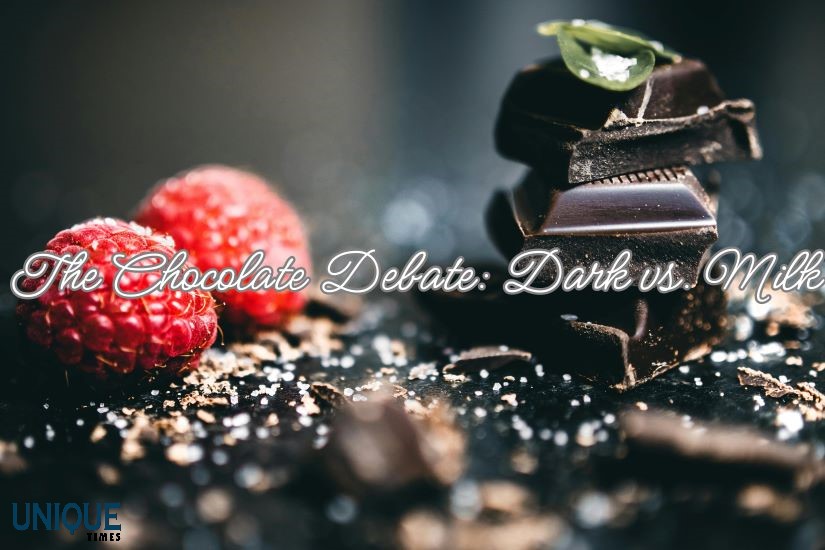
The debate between dark chocolate and milk chocolate has been ongoing for years, with enthusiasts on both sides passionately advocating for their favorite variety. While both types of chocolate offer indulgent sweetness and rich flavor, there are significant differences between them in terms of taste, health benefits, and culinary versatility. Let’s take a closer look at the battle between dark chocolate and milk chocolate to determine which reigns supreme.
Dark Chocolate: The Bittersweet Champion
Dark chocolate is beloved for its intense cocoa flavor and lower sugar content compared to milk chocolate. It typically contains a higher percentage of cocoa solids, ranging from 50% to 90% or more, which contributes to its rich, complex taste. Dark chocolate also tends to have less added ingredients, making it a purer form of chocolate.
Health Benefits: Dark chocolate is often touted for its potential health benefits, thanks to its higher cocoa content. It is rich in antioxidants, particularly flavonoids, which have been linked to improved heart health, lower blood pressure, and reduced inflammation. Consuming moderate amounts of dark chocolate may also help boost brain function and improve mood.
Culinary Uses: Dark chocolate’s bold flavor makes it a versatile ingredient in both sweet and savory dishes. It can be used in baking, desserts, sauces, and even savory dishes like mole sauce in Mexican cuisine. Dark chocolate pairs well with bold flavors such as coffee, chili, and citrus, adding depth and complexity to dishes.
Milk Chocolate: The Creamy Delight
Milk chocolate is known for its smooth and creamy texture, thanks to the addition of milk solids or milk powder during the chocolate-making process. It typically contains a lower percentage of cocoa solids, usually around 10% to 50%, and higher sugar content compared to dark chocolate. Milk chocolate has a milder flavor profile, with a pronounced sweetness that appeals to many palates.
Health Benefits: While milk chocolate may not offer the same antioxidant benefits as dark chocolate due to its lower cocoa content, it can still provide a source of energy and enjoyment when consumed in moderation. However, its higher sugar and fat content mean that it should be enjoyed sparingly as part of a balanced diet.
Culinary Uses: Milk chocolate is a popular choice for baking, confections, and desserts, thanks to its creamy texture and sweet flavor. It is commonly used in chocolate bars, chocolate chips, cookies, brownies, and candies. Milk chocolate pairs well with ingredients such as nuts, caramel, berries, and vanilla, creating indulgent treats that are loved by people of all ages.
So, Which is Better?
The answer ultimately depends on personal preference and dietary considerations. If you enjoy intense cocoa flavor and are looking for potential health benefits, dark chocolate may be the better choice for you. On the other hand, if you prefer a sweeter and creamier chocolate experience, milk chocolate may be more to your liking. Ultimately, both dark chocolate and milk chocolate have their own unique qualities and can be enjoyed in moderation as part of a balanced diet.
In conclusion, the battle between dark chocolate and milk chocolate is a matter of taste, with each variety offering its own distinct flavor profile and culinary uses. Whether you’re a fan of bittersweet indulgence or creamy sweetness, there’s no denying that chocolate in any form is a delicious treat to be savored and enjoyed.
Picture Courtesy: Google/images are subject to copyright








